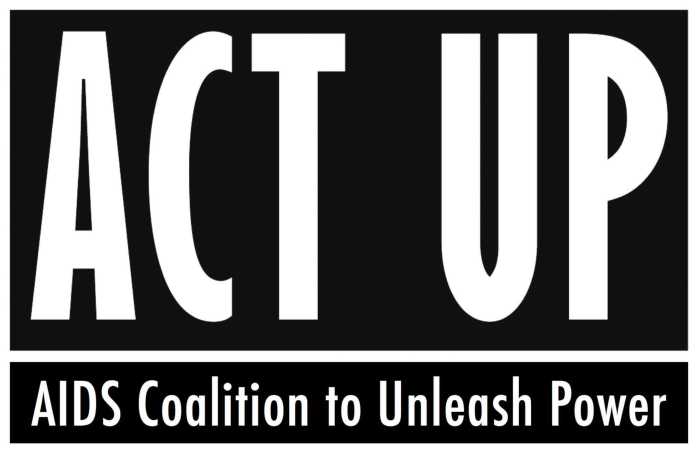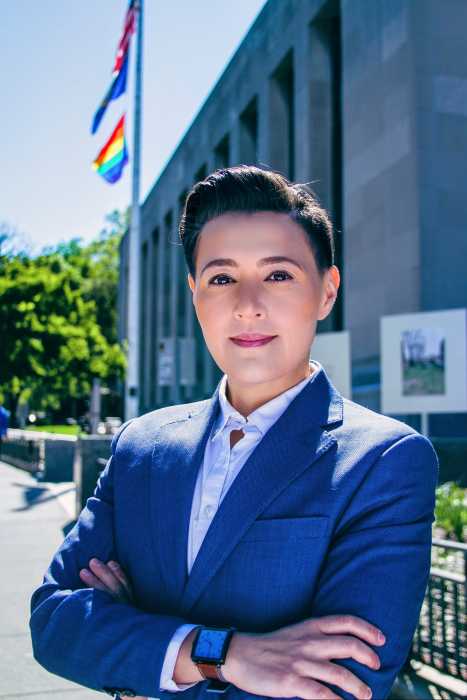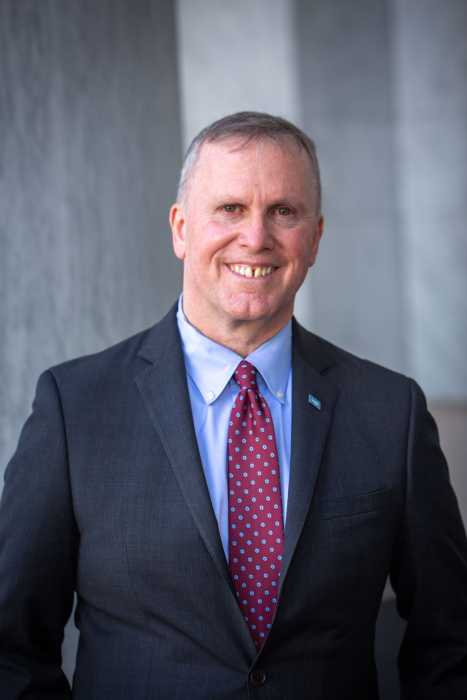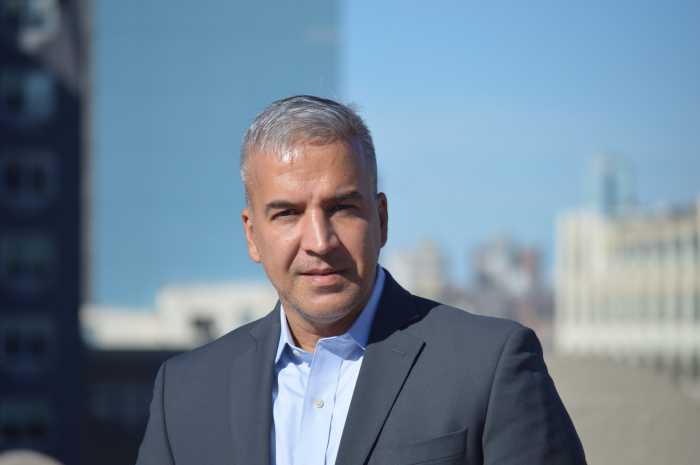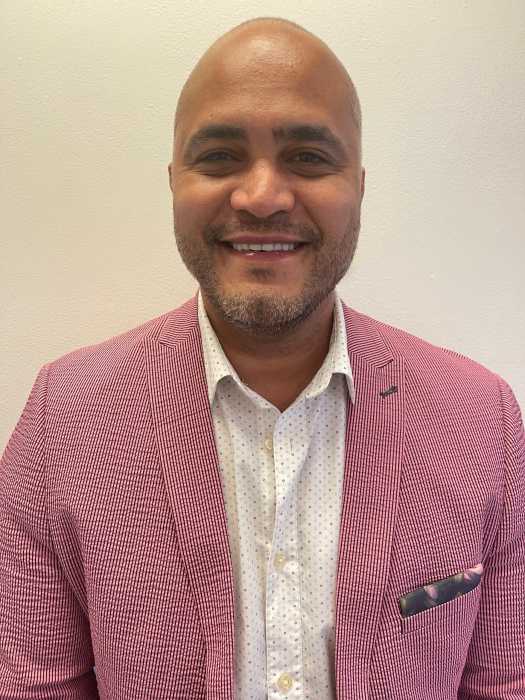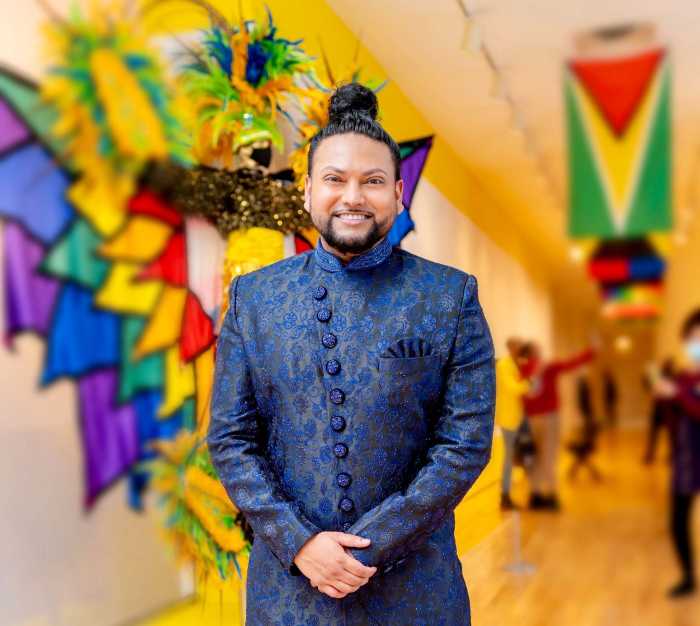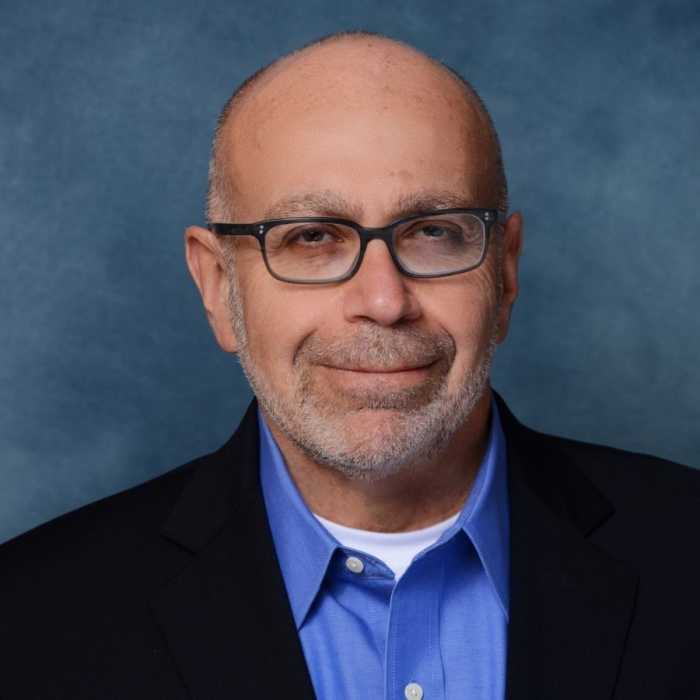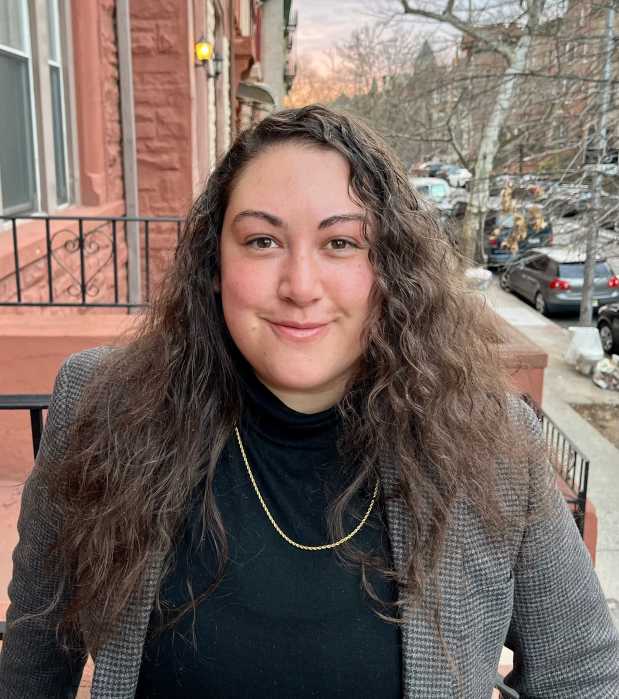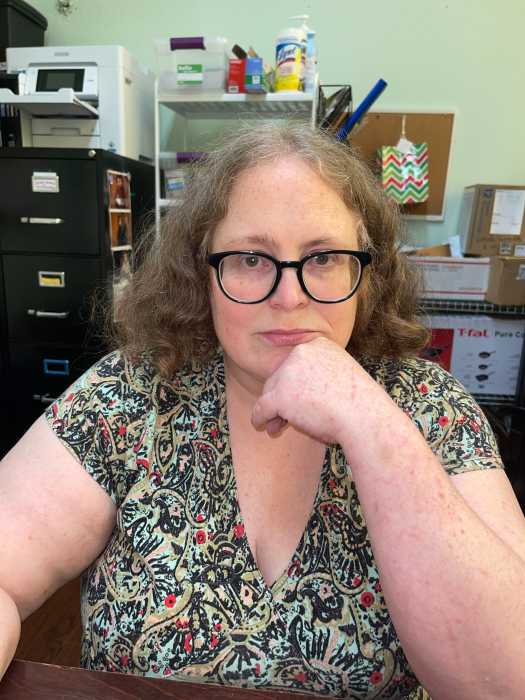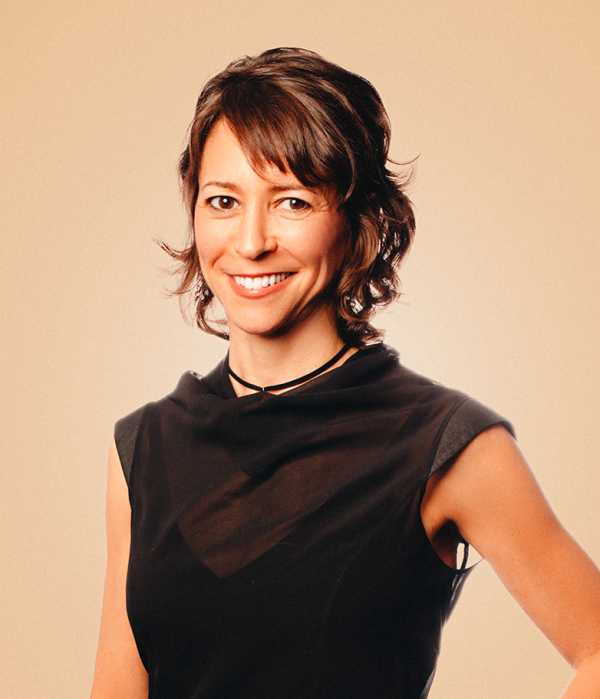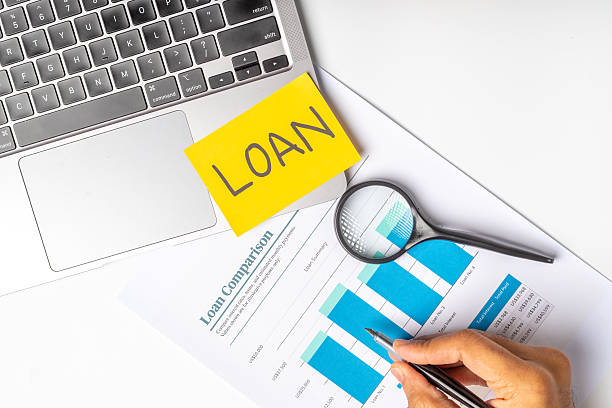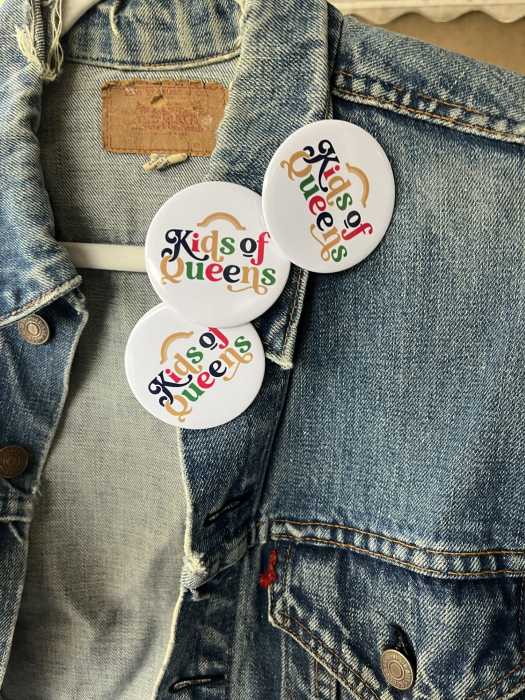The AIDS Coalition To Unleash Power (ACT UP) is a diverse, non-partisan group of individuals, united in anger and committed to direct action to end the AIDS crisis. We meet with government officials, we distribute the latest medical information, we protest and demonstrate. We are not silent. ACT UP was formed in response to social neglect, government negligence, and the complacency of the medical establishment during the 1980s. Soon it found itself needing to fight corporate greed, lack of solidarity, and various forms of stigma and discrimination at home and abroad.
What is your favorite Pride month event or celebration?
Our favorite Pride Month event is the Queer Liberation March, which is organized by the Reclaim Pride Coalition. It is a rejection of the commodification and commercialization of Pride. This year, the Queer Liberation March is also marching for trans and BIPOC (black, indigenous, and people of color) freedom, reproductive justice, and bodily autonomy. It reflects our view that Pride is about a collective political struggle as well as personal expression and self-discovery. Also, none of the corporate sponsors at Queer Liberation March have contributed to anti-LGBTQ policies like Florida’s “Don’t Say Gay” law, which can’t be said of every Pride event.
What LGBTQ+ icons or activists have inspired you?
We are inspired by countless LGBTQ+ icons and activists, but we are most inspired by all of the people, iconic and ordinary, that were lost to AIDS. This year, we are especially inspired by the lifelong activism of our late friends Tim Lunceford and Elizabeth Meixell.
What can people and corporations do to support the LGBTQ+ community year-round, not just during Pride month?
People and corporations can support LGBTQ+ organizations materially on a year-round basis instead of just for marketing during Pride, as well as support policies that improve the lives of LGBTQ+ people in terms of both social and economic justice. LGBTQ+ people also want free public healthcare, a living wage, and the right to collectively bargain. That’s why official ACT UP merchandise comes from suppliers who are living with HIV/AIDS and whose products are union-made in the United States.
How can businesses create more inclusive environments for their employees and patrons?
Businesses should ensure employees are trained and educated on HIV to prevent HIV stigma. They should also stand against misgendering and other forms of bigotry and discrimination on their premises. They should create a safe work environment with strict accountability for harassment. They should also advocate for a more inclusive culture in the communities they are part of.
How does ACT UP plan to participate in Pride 2022?
ACT UP will be participating in the Queer Liberation March on June 26 and the Health Fair on Washington Square Park South and Third Street the same day.
When and why did ACT UP form?
ACT UP formed in 1987 in response to the mounting number of AIDS deaths and the inadequacy of both public policy and medical research in addressing AIDS. The first ACT UP meeting was galvanized by a speech given by Larry Kramer at the Center in which he told half the audience to stand up and said “you are all going to be dead in five years.”
What are some current actions supported by ACT UP?
Some of the current actions supported by ACT UP are efforts to expand and improve the deployment of overdose prevention centers in the City, to legalize new treatments for methamphetamine addiction, to improve the accuracy of HIV information across public resources in the City, to end vaccine monopolies for global vaccine access, and more.
What is the best part of volunteering with ACT UP?
As we are united in anger, the best part of being an ACT UP member is directing our collective anger to precise targets and effecting change to increase HIV prevention, treatment, education and care, as we fight against stigma and for the cure. Being able to contribute to the continuity of ACT UP’s historic work and purpose is a deep motivation for volunteering.


